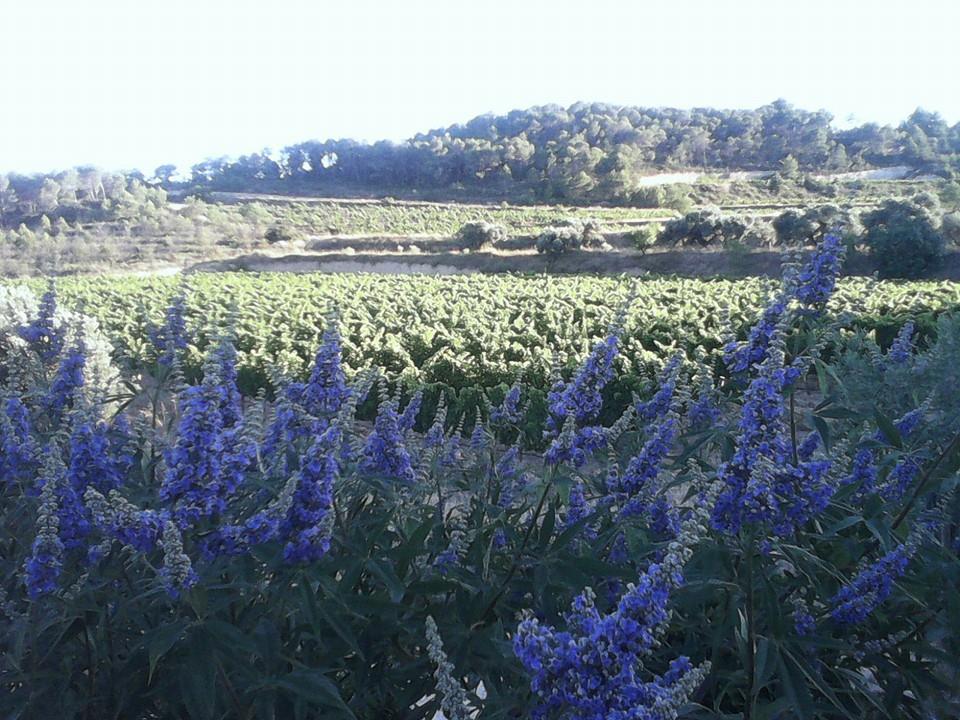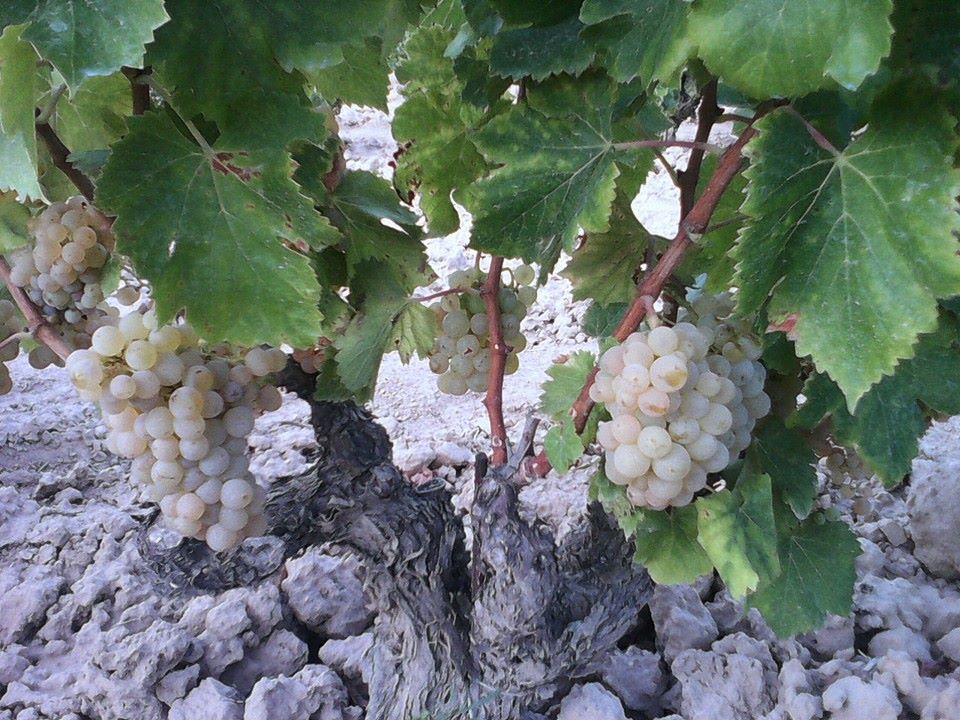A cry for help farmers: "Let us work!”
Today I want to give space to vent to a friend grower that is echoed in many other voices. Bureaucracy, bureaucracy and red tape still! That 's what I hear constantly from the producers. We need to make administrative or farmers tell me… mah, I say!
I wonder if any of these bureaucrats enforcers of so much paper to fill you realize what it means to produce? Of how much effort, time, and commitment involves working the land? But not only because leisure must occupy it for promotion at trade shows and events to get to know, it is essential to know their products. I remember years ago reading that a company in Japan has imposed its executives to have direct experience in production among the workers ... it would also be here with us, and I would say in many areas!
I support always with great conviction that in order to judge the work of others, to understand the difficulties, problems and solutions, we simply do! Instead of occupying the comfortable offices, outputs, and spoken with the producers! You must live the reality! You have to listen to them! You are our representatives, and now and then to move, to pull on the fate of this Italy wound and brought to its knees! The earth is what we are left, those who work it is our only hope to save us from this crisis! Let us help you work!
Forgive my outburst, but the Italian, the real ones, those who struggle do in every way, even so, a cry for help! And that's why I now give the floor to one of them… friend Marco Bernava.
- Framework, what would you ask the institutions at both national and European level in the immediate to help manufacturers?
“Let us make and sell!"Why do wine is an art ... it's poetry and technical at the same time, and artists have to have space to do well, They must have freedom of movement.
We are stuck in a system that does not work Cinzia, and not only in winemaking but I dare say all over the agrarian sector. Concentrating on the development of viticulture and wine, I believe that as in the rest of the primary sector is one of the major faults of the EU and by the policies of the member countries: "Guidelines that result in regulations and controls that bluntly define as useless as harmful, a scheme of the implant / explant inconsistent, a customs officer that should not exist and instead binds all negotiations intra-, heavy labeling rules, qualification systems of the products a bit 'random … and much more I could add ... "
My experience as a technician and now as a producer makes me realize more and more growers with their crying for low prices, for their impotence on the market because the supply frazionatissima (and without collective voice, make no mistake), in front of giants that dictate purchase prices of the grapes, taking into account only their logic of profit (the result of an incorrect system globally), not least considering the cost of production of the wine grower.
I understand more and more what in the past has been distorted and spoiled the sector. It hurts to think about how wine is perceived by certain sectors of society, due to wrong policy choices in substance. It makes me sad to see how you have to make do with the administration of certain paperwork taking over the features of a voodoo ritual rather than an administrative. My experience leads me to conclude that I want to live well as a technical part of agriculture fascinating and dynamic and that I will live as a struggling producer of commercial and himself, in the hope (o illusione) that the system simplifies.
I'm not saying that it should be an anarchist sector, but even that I should spend half of my time working for the public administration. What is certain is that the industry needs to have a proper and coherent legislative system constraints that which is harmful to health (it is a food product) and what is actual fraud, but leaving that producers can create originality and that may offer and sell with agility.
I let go of only two examples in Europe: the labeling and the qualification system of the wines on the one hand, and other authorized oenological practices. There are paradoxes of how you should NOT operate at the supra-national sector. Basically the market because we are confronted with the "new world" wine, where the rules are more lax and where they can see that the bottom of the equivalent of every wall that the EU builds us and that we have to jump does nothing but increase the cost of production, therefore decrease the competitiveness on international markets, and to be cherished wines sometimes even on the domestic market. Results: on the one hand and on the other we import cheap wines limit the consumption of domestic product, essentially confusing the consumer and away from the gaudire a product that is part of our culture for centuries immemorial.
Then do not forget that the viticulture and enology are the basis for the management of many areas of our countries: landscape management, environmental management, socio-economic fabric (think in addition to producers also all'indotto enoturistico). This social role should be further rewarded and not beaten by both Community and national policies. Should be allowed to work and foster the development of the wine industry and what gravitates around him, especially in growing areas, where every economic alternative would be either a crash or an aberration and a destruction of the territory. I am referring specifically to the topic wind farm in Spain and as far as I know in Italy: interests of multinational painted with the colors of ecology and sustainability, sold to the territory as helpless as is agriculture, destroying their vocation and turning it into a pseudo-industrial landscape and mass-raped by speculation (in the country had not yet arrived).
But this is a 'different story Cinzia: if you want we'll talk!
 Io in primis mi definisco winemaker, ma lo faccio interpretandone il significato letterale e basico di “chi fa il vino”. In Italia (and not only), I think there are well-defined shapes and professionally especially in terms of training. Aggiungo con convinzione che dovrebbero integrarsi e complementarsi per ottenere vini originali. Parto dall’ idea che il vino è lo specchio di un sistema “azienda vitivinicola” nel suo complesso:
Io in primis mi definisco winemaker, ma lo faccio interpretandone il significato letterale e basico di “chi fa il vino”. In Italia (and not only), I think there are well-defined shapes and professionally especially in terms of training. Aggiungo con convinzione che dovrebbero integrarsi e complementarsi per ottenere vini originali. Parto dall’ idea che il vino è lo specchio di un sistema “azienda vitivinicola” nel suo complesso:
